Overlook the calendar invite. Simply bounce right into a dialog. That’s the concept powering a recent batch of social startups poised to reap the benefits of our cleared schedules amidst quarantine. However they may additionally change the best way we work and socialize lengthy after COVID-19 by bringing the free-flowing, ad-hoc communication of events and open workplace plans on-line. Whereas “Reside” has turn into synonymous with performative streaming, these new apps as an alternative unfold the limelight throughout a number of customers in addition to the duty, recreation, or dialogue at hand.
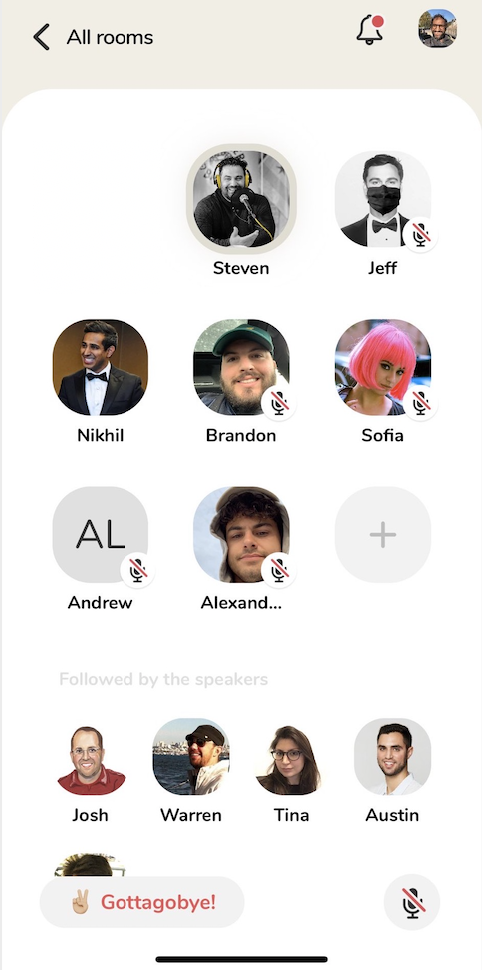 Probably the most buzzy of those startups is Clubhouse, an audio-based social community the place individuals can spontaneously bounce into voice chat rooms collectively. You see the unlabeled rooms of all of the individuals you comply with, and you may be part of to speak or simply hear alongside, milling round to seek out what pursuits you. Excessive-energy rooms entice crowds whereas slower ones see contributors slip out to hitch different chat circles.
Probably the most buzzy of those startups is Clubhouse, an audio-based social community the place individuals can spontaneously bounce into voice chat rooms collectively. You see the unlabeled rooms of all of the individuals you comply with, and you may be part of to speak or simply hear alongside, milling round to seek out what pursuits you. Excessive-energy rooms entice crowds whereas slower ones see contributors slip out to hitch different chat circles.Clubhouse blew up this weekend on VC Twitter as individuals scrambled for unique invitations, humblebragged about their membership, or made enjoyable of everybody’s FOMO. For now, there’s no public app or entry. The identify Clubhouse completely captures how individuals lengthy to be a part of the in-crowd.
Clubhouse was constructed by Paul Davison, who beforehand based serendipitous offline people-meeting location app Highlight and reveal-your-whole-camera-roll app Shorts earlier than his workforce was acquired by Pinterest in 2016. This 12 months he debuted his Alpha Exploration Co startup studio and launched Talkshow for immediately broadcasting radio-style call-in reveals. Spontaneity is the thread that ties Davison’s work collectively, whether or not its for making new mates, sharing your life, transmitting your ideas, or having a dialogue.
It’s very early days for Clubhouse. It doesn’t actually have a web site. There’s no telling precisely what it is going to be like if or when it formally launches, and Davison and his co-founder Rohan Seth declined to remark. However the constructive reception reveals a need for a extra fast, multi-media strategy to dialogue that updates what Twitter did with textual content.
Sheltered From Shock
What quarantine has revealed is that if you separate everybody, spontaneity is an enormous factor you miss. In your workplace, that may very well be having a random watercooler chat with a co-worker or commenting aloud about one thing humorous you discovered on the web. At a celebration, it may very well be wandering as much as chat with group of individuals as a result of you understand one in all them or overhear one thing fascinating. That’s missing whereas we’re caught house since we’ve stigmatized randomly phoning a pal, differing to asynchronous textual content regardless of its lack of urgency.Scheduled Zoom calls, utilitarian Slack threads, and limitless e-mail chains don’t seize the joys of shock or the enjoyment of dialog that giddily revs up as individuals riff off one another’s concepts. However good app builders are additionally realizing that spontaneity doesn’t imply continually interrupting individuals’s life or workflow. They offer individuals the facility to resolve when they're or aren’t out there or sign that they’re to not be disturbed so that they’re solely thrust into social connection when they need it.
Houseparty embodies this spontaneity. It’s become the breakout hit of quarantine by letting individuals on a whim be part of group video chat rooms with mates the second they open the app. It noticed 50 million downloads in a month, up 70X over its pre-COVID ranges in some locations. It’s turn into the #1 social app in 82 nations together with the US, and #1 total in 16 nations.
Initially constructed for gaming, Discord lets communities spontaneously join by persistent video, voice, and chat rooms. It’s seen a 50% enhance in US each day voice customers with spikes in shelter-in-place early adopter states like California, New York, New Jersey, and Washington. Bunch, for video chat overlayed on mobile gaming, can be climbing the charts and going mainstream with its person base shifting to turn into majority feminine as they speak for 1.5 million minutes per day. Each apps make it straightforward to hitch up with friends and choose one thing to play collectively.

The Impromptu Workplace
Enterprise video chat instruments are adapting to spontaneity as a substitute for heavy-handed, pre-meditated Zoom calls. There’s been a backlash as individuals notice they don’t get something finished by scheduling back-to-back video chats all day.- Loom permits you to rapidly file and ship a video clip to co-workers that they'll watch at their leisure, with back-and-forth dialog sped up as a result of movies are uploaded as they’re shot.
- Around overlays small round video home windows atop your display so you'll be able to immediately talk with colleagues whereas most of your desktop stays targeted in your precise work.
- Screen exists as a tiny widget that may launch a collaborative screenshare the place everybody will get a cursor to regulate the shared window to allow them to improvisationally code, design, write, and annotate.
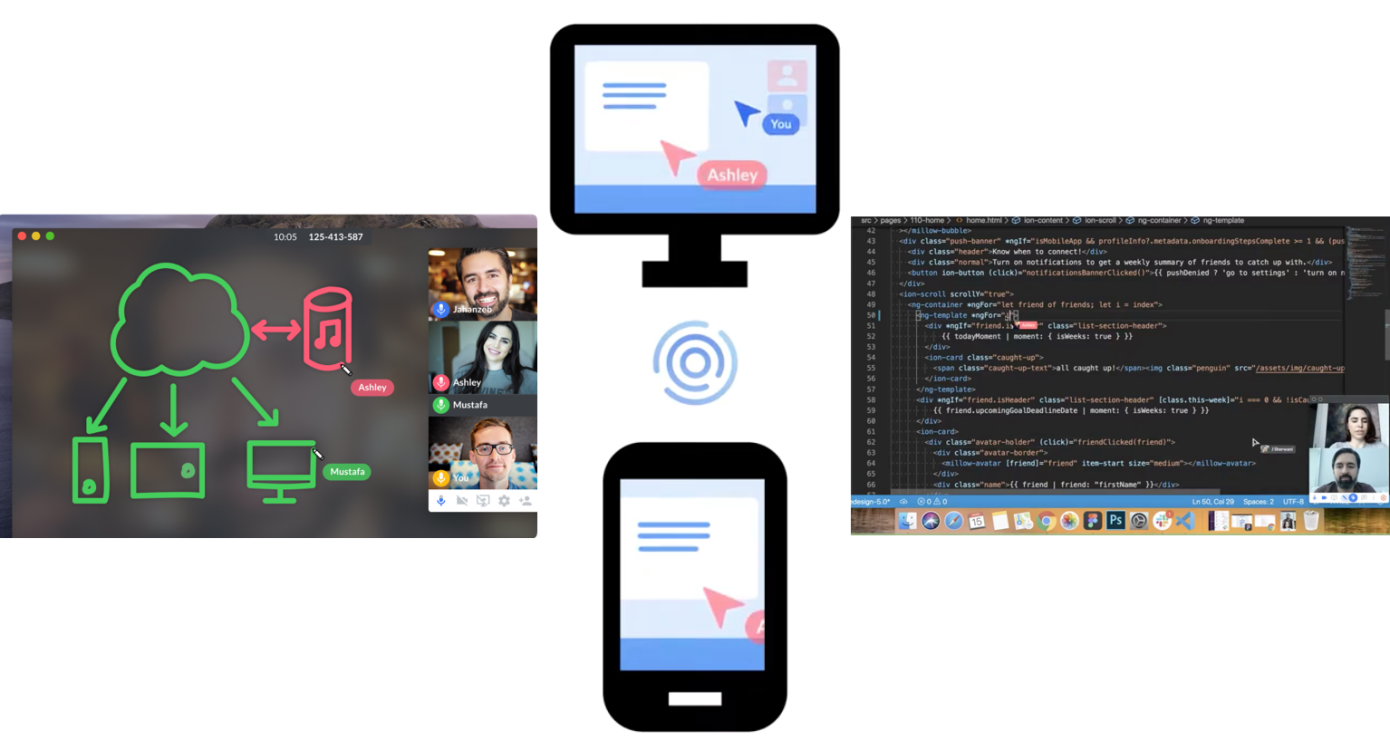
Display
- Pragli is an avatar-based digital workplace the place you'll be able to see if somebody’s in a calendar assembly, away, or in movement listening to music so you understand when to immediately open a voice or video chat channel collectively with out having to purposefully discover a time everybody’s free. However as an alternative of following you house like Slack, Pragli permits you to signal out and in of the digital workplace to begin and finish your day.
Elevating Our Voice
Whereas visible communication has been the breakout function of our cell phones by permitting us to indicate the place we're, shelter-in-place means we don’t have a lot to indicate. That’s expanded the chance for instruments that take a less-is-more strategy to spontaneous communication. Whether or not for distant partying or speedy downside fixing, new apps past Clubhouse are incorporating voice moderately than simply video. Voice affords a option to quickly trade data and really feel current collectively with out dominating our workspace or consideration, or forcing individuals into an uncomfortable highlight.High Fidelity is Second Life co-founder Philip Rosedale’s $72 million-funded present startup. After lately pivoting away from constructing a digital actuality co-working software, High Fidelity has begun testing a voice and headphones-based on-line occasion platform and gathering place. The early beta lets customers transfer their dot round a map and listen to the voice of anybody near them with spatial audio so voices get louder as you get nearer to somebody, and shift between your ears as you progress previous them. You'll be able to spontaneously strategy and depart little clusters of dots to discover completely different conversations inside earshot.
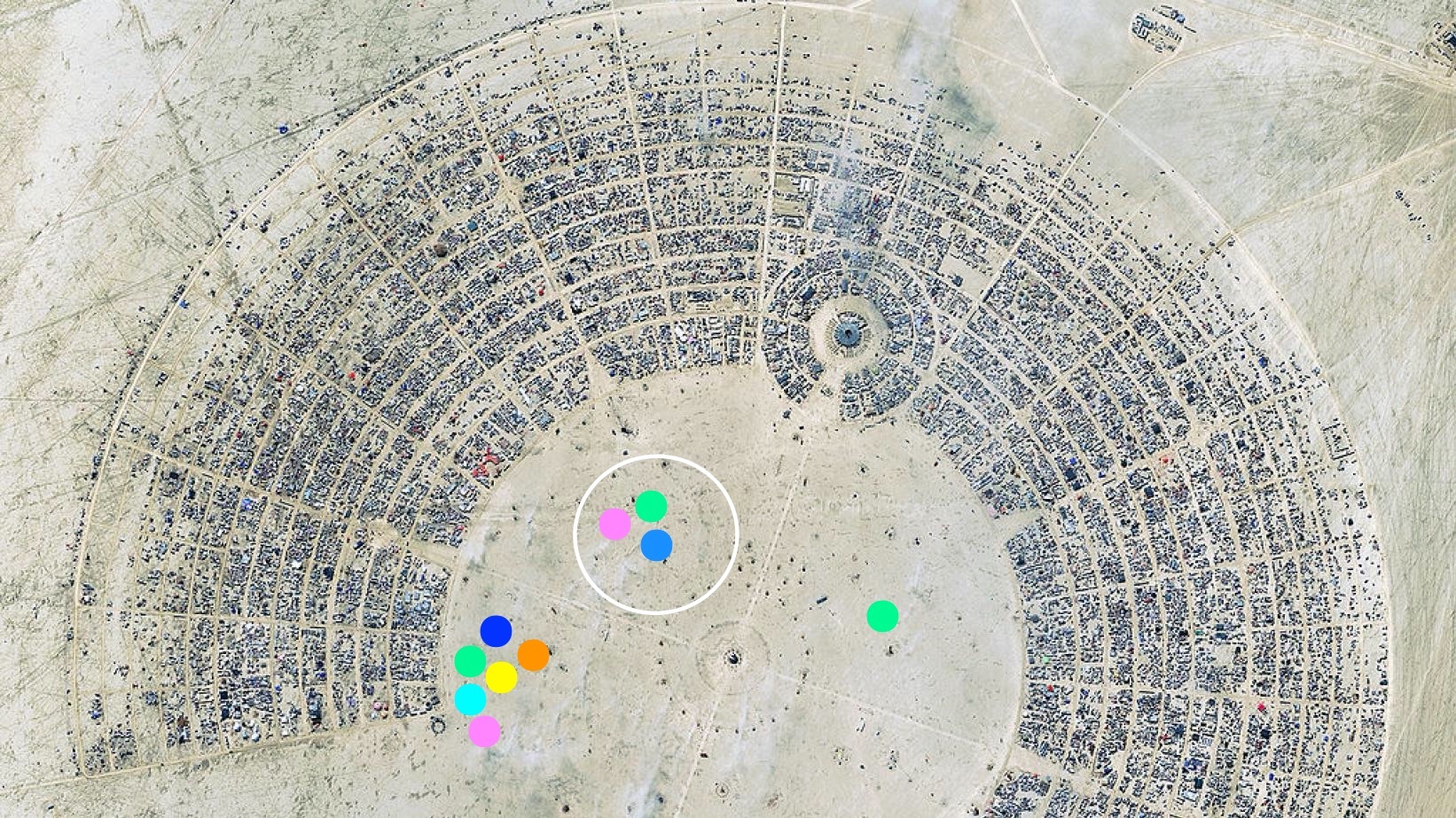
An unofficial mockup of Excessive Constancy’s early assessments. Picture Credit: DigitalGlobe (opens in a new window) / Getty Pictures
Houseparty’s former CEO Ben Rubin and Skype GM of engineering Brian Meek are constructing a spontaneous teamwork software known as Slashtalk. Rubin sold Houseparty to Fortnite-maker Epic in mid-2019, however the gaming large largely uncared for the app till its latest quarantine-driven success. Rubin left.

His new startup’s web site explains that “/speak is an anti-meeting software for quick, decentralized conversations. We imagine most conferences may be eradicated if the correct individuals are linked on the proper time to debate the correct matters, for simply so long as crucial.” It lets individuals rapidly bounce right into a voice or video chat to get one thing sorted with out delaying till a calendared collab session.
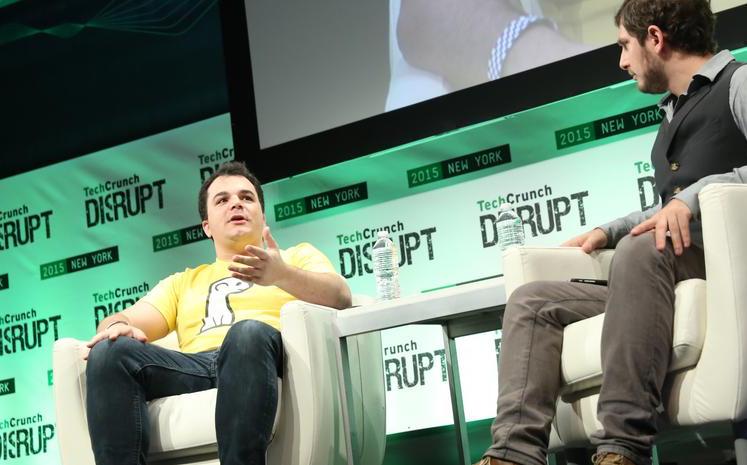
Slashtalk co-founder Ben Rubin at TechCrunch Disrupt NY 2015
As we age and transfer into our separate properties, we actually erect partitions that restrict our capability to understand the social cues that sign that somebody’s out there for unprompted communication. That’s spawned apps like Down To Lunch and Snapchat acquisition Zenly, and Facebook’s upcoming Messenger status function designed to interrupt by these obstacles and make it feel less desperate to ask somebody to hang around offline.
However whereas socializing or collaborating IRL requires transportation logistics and often a plan, the brand new social apps mentioned right here convey us collectively immediately, thereby eliminating the necessity to schedule togetherness forward of time. Gone too are the geographic limits restraining you to attach solely with these inside an inexpensive commute. Digitally, you can pick from your whole network. And quarantines have additional opened our choices by emptying components of our calendars.
Absent these frictions, what shines by is our intention. We will join with who we would like and achieve what we would like. Spontaneous apps open the channel so our impulsive human nature can shine by.
Source link
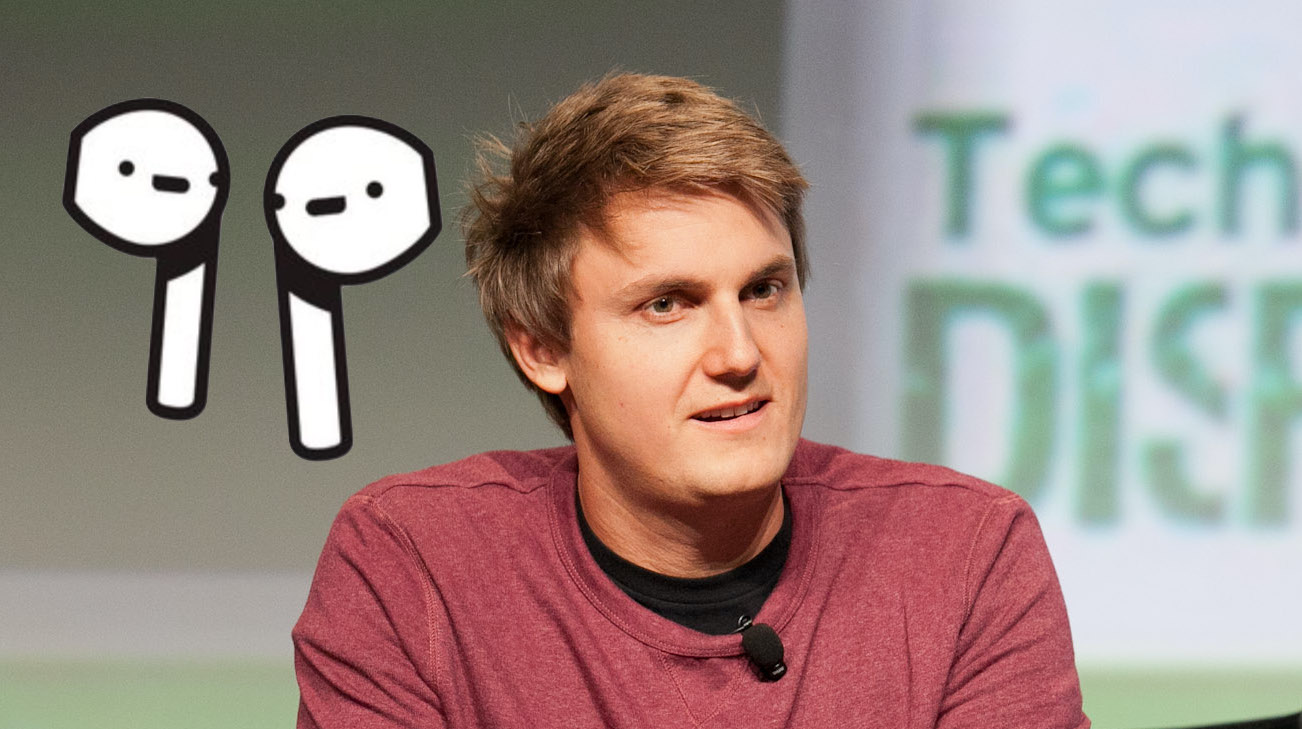
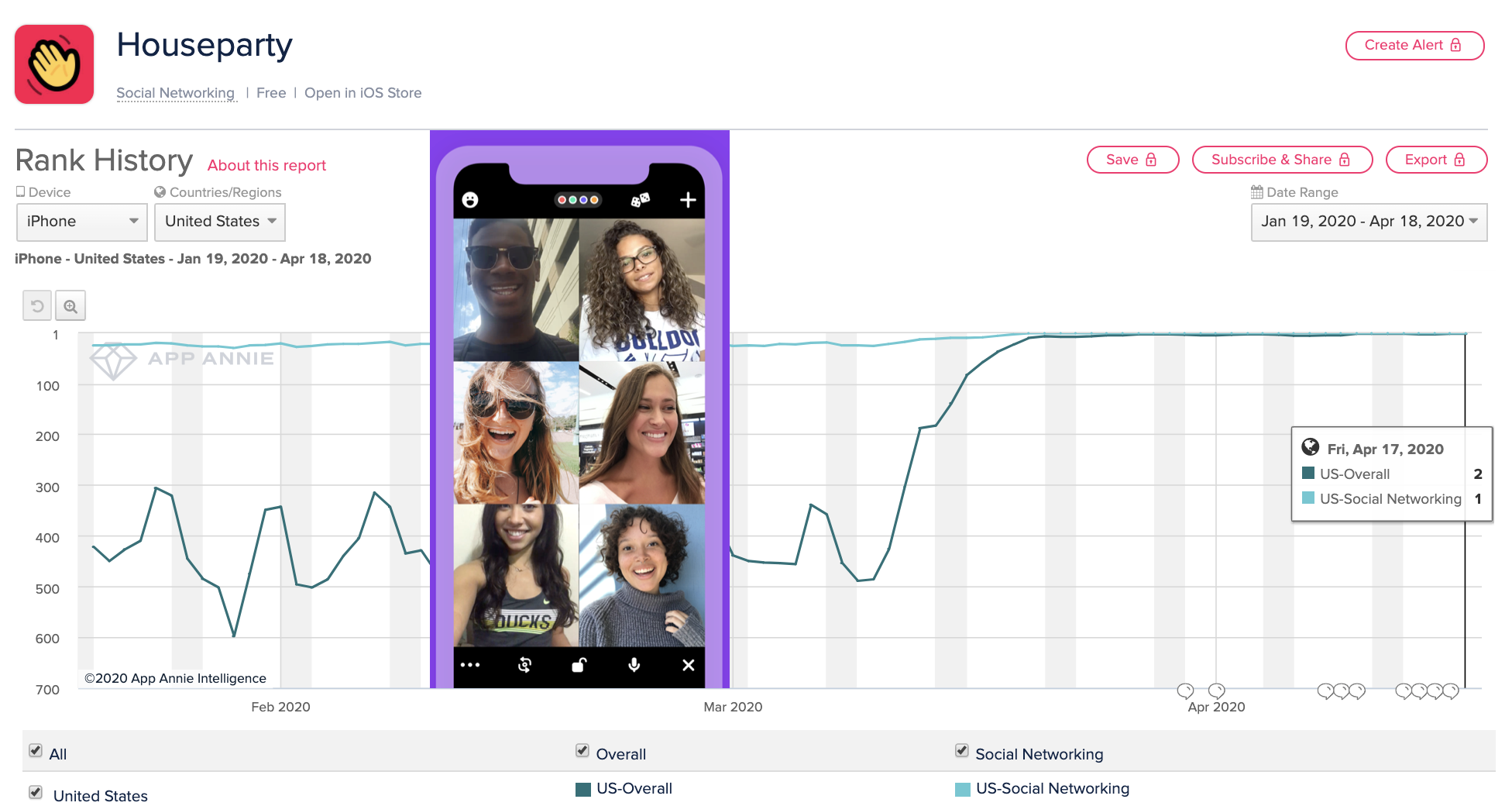
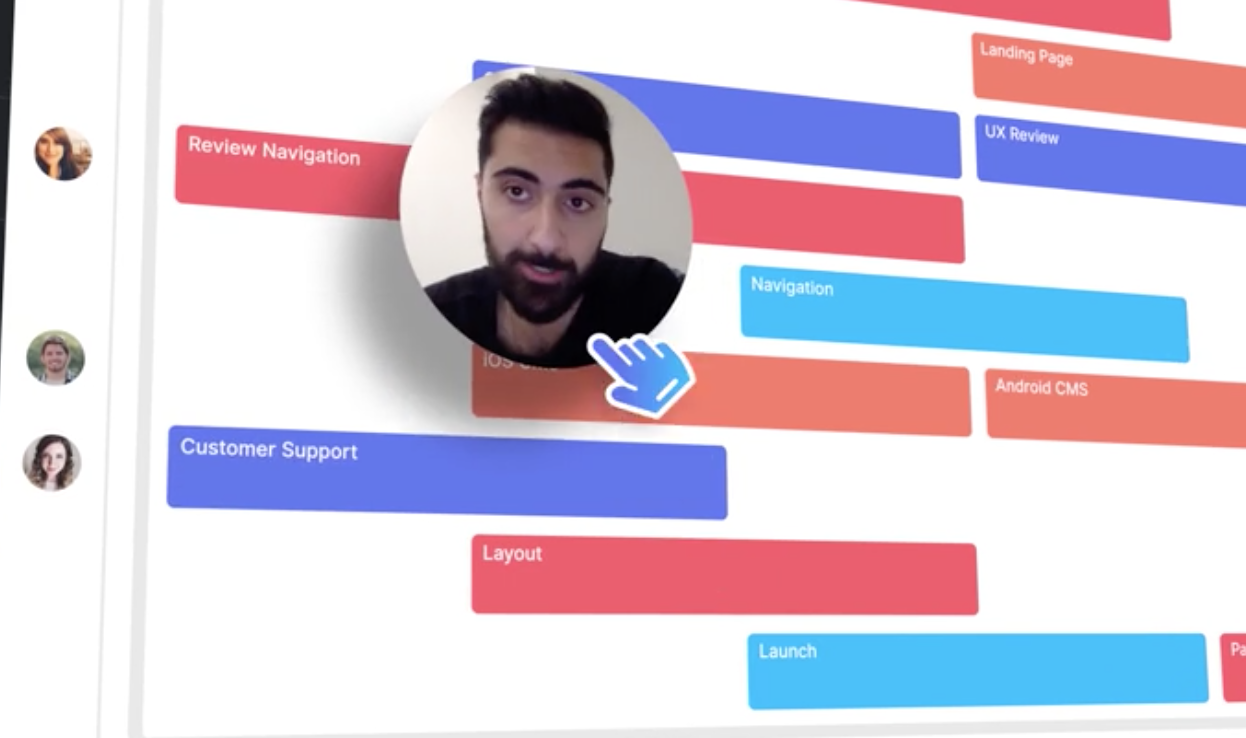
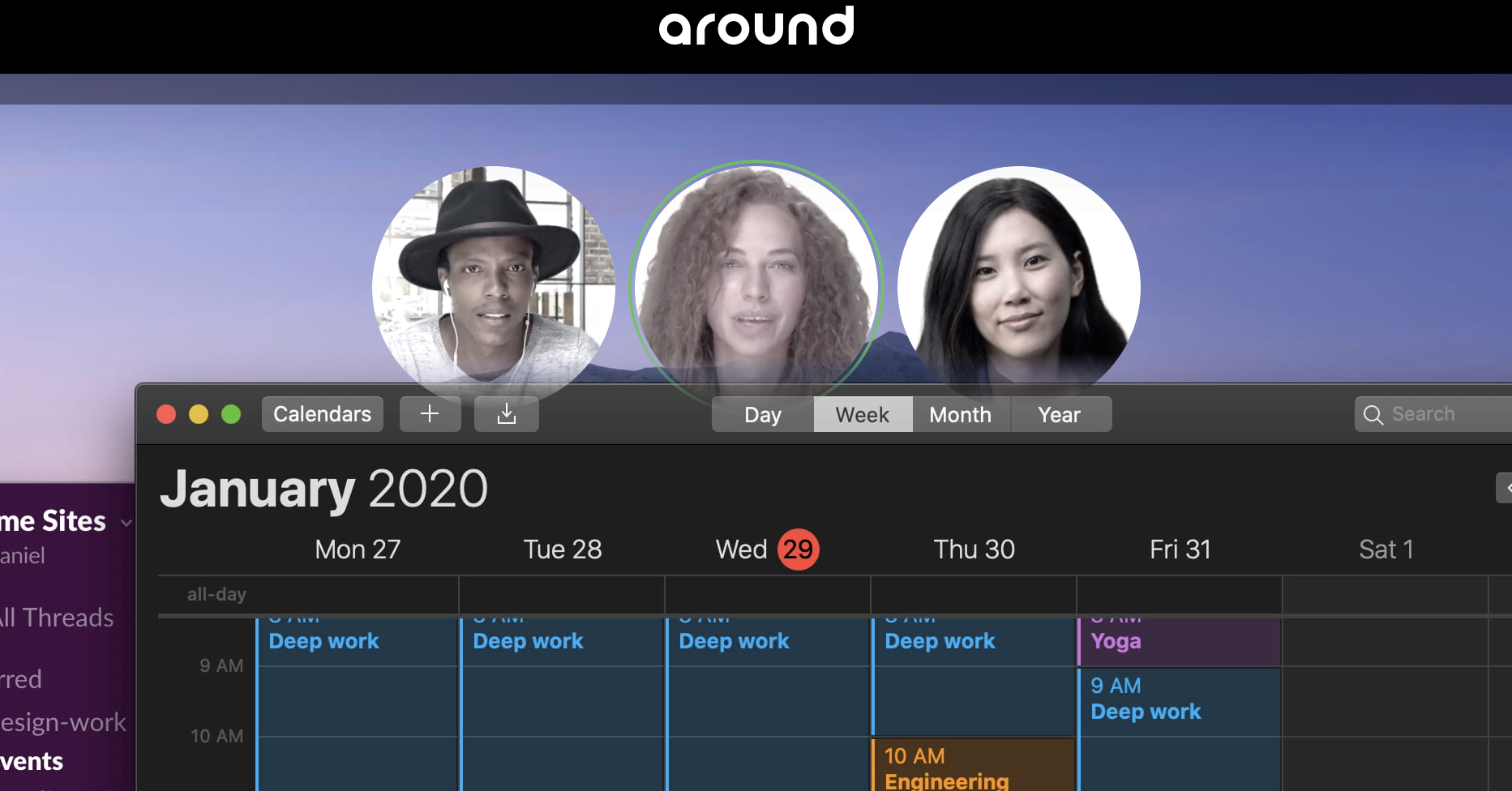
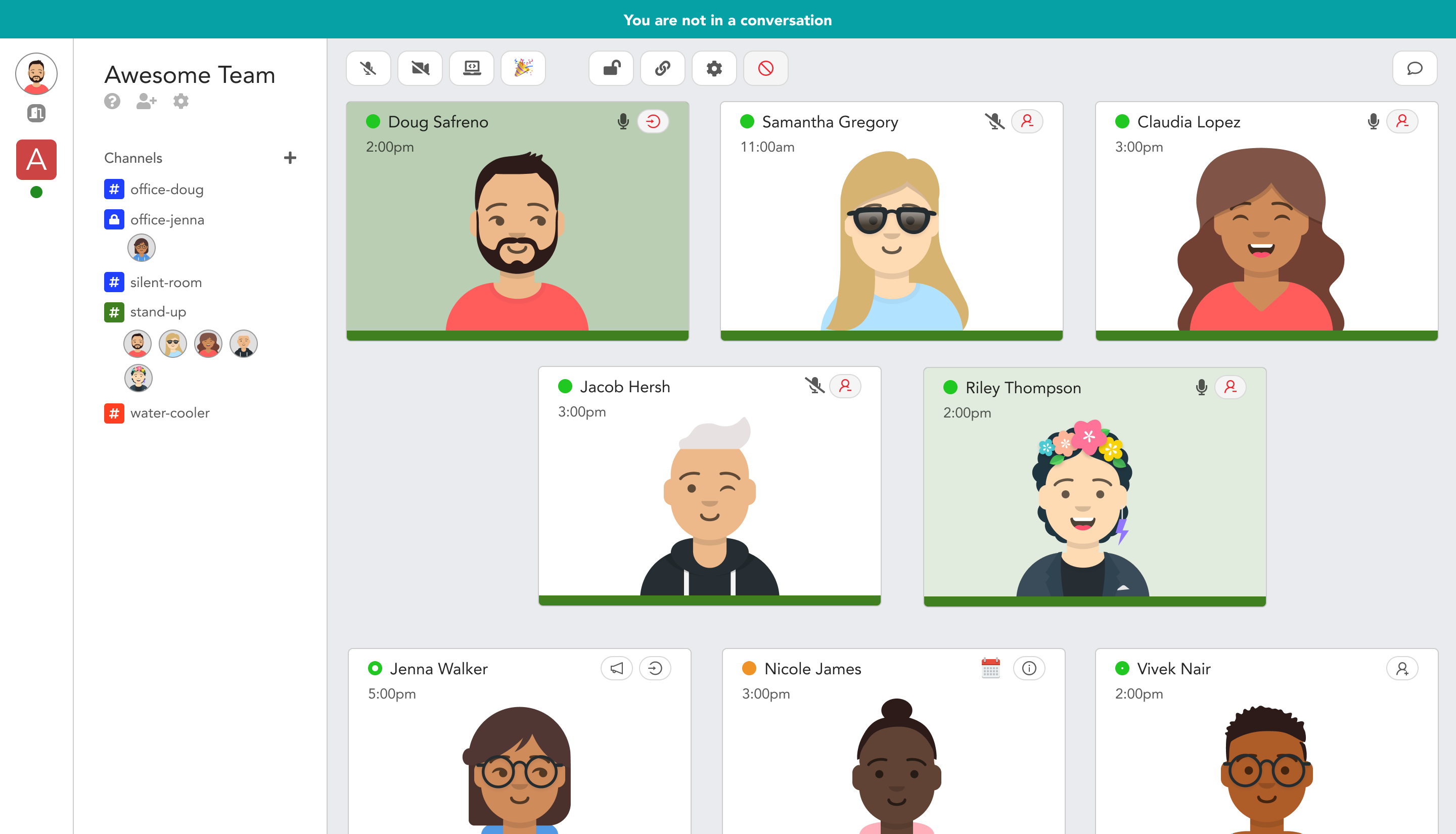
Comments
Post a Comment